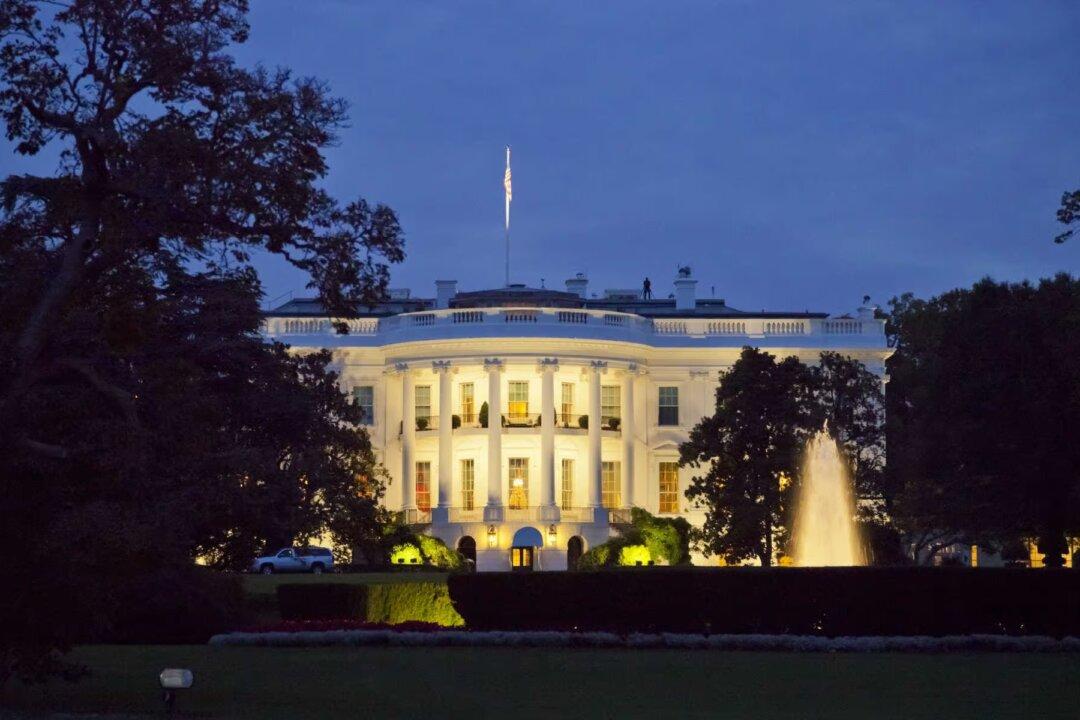Commentary
An enduring mystery for three years is how Donald Trump came to be the president who shut down American society for what turned out to be a manageable respiratory virus, setting off an unspeakable crisis with waves of destructive fallout that continue to this day.





